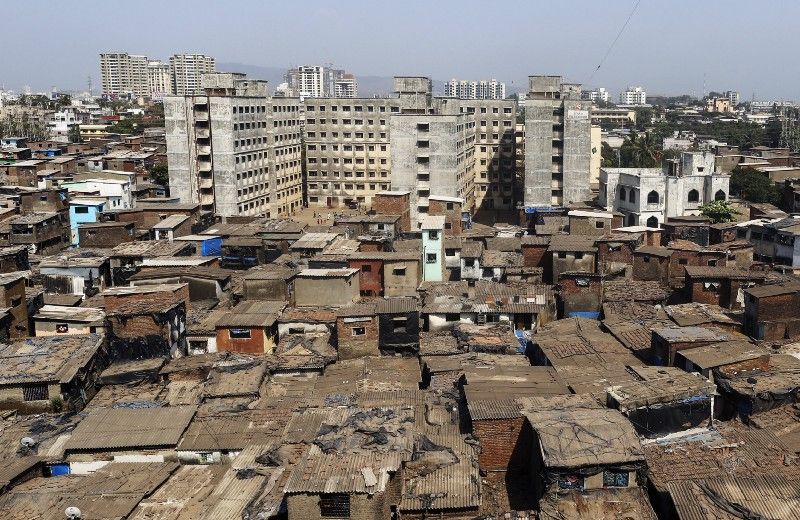December 19, 2017
Inequality. It’s on everyone’s mind these days, right? Well, an important new report on the subject shows us that the extent and implications of income disparity differ widely from one part of the world to another. That is to say, even inequality is unequal these days.
Three snapshots and three questions:
The United States is more unequal than Europe: In 1980, the top 1% of earners controlled just 10% of income on both sides of the Atlantic. Since then that share has ballooned to 20% in the US, while inching (ok, centimetering) up to just 12% in Europe.
Key question: Europe’s more progressive taxes and social safety nets dampen inequality. But does that safety net blunt the appeal of populist nationalism or does it intensify nationalists’ questions about who gets to take advantage of those benefits?
India is more unequal than China: The top 10% in India take home 55% of the country’s income. In China, the same group captures a somewhat more modest 41%. Why the difference? Rapid growth and urbanization in China have lifted hundreds of millions out of poverty since 1980, when the average Chinese and Indian had the same income. Today, nearly two-thirds of China lives in cities — two-thirds of Indians still live in the countryside.
Key question: China’s made a strong case for authoritarian development — pulling people out of poverty faster than democratic India. But can China’s authoritarian model continue to satisfy its people at higher and higher levels of income? And in the long run, does India’s democracy help or hinder sustainable growth?
Russia and the Middle East — The worst of both worlds: The average adult’s income hasn’t increased much since 1980 in Russia and the Middle East, while inequality has skyrocketed. Here’s an eye-popper: In Russia, the top 1% of earners have captured 69% of the country’s income growth since 1980.
Key question: For most petrostates, diversifying the economy means sacking entrenched elites and cronies. Lower oil prices may have increased the pressure on these governments to reform, but for the time being most of the focus is on balancing budgets rather than serious moves to diversify the economy (or the political sphere, for that matter.)
More For You
After the US captures Nicolás Maduro, is Venezuela headed for stability, or chaos? Ian Bremmer talks to Senator Ruben Gallego and Frank Fukuyama about what comes next.
Most Popular
Think you know what's going on around the world? Here's your chance to prove it.
Passengers enter a shared taxi in Dnipro, Ukraine, on January 8, 2026. Following a massive Russian drone attack on the energy infrastructure of Ukraine’s southern regions, most consumers in Dnipropetrovsk and Zaporizhzhia regions, including the regional capitals, were left without power.
Mykola Miakshykov/Ukrinform
© 2025 GZERO Media. All Rights Reserved | A Eurasia Group media company.
